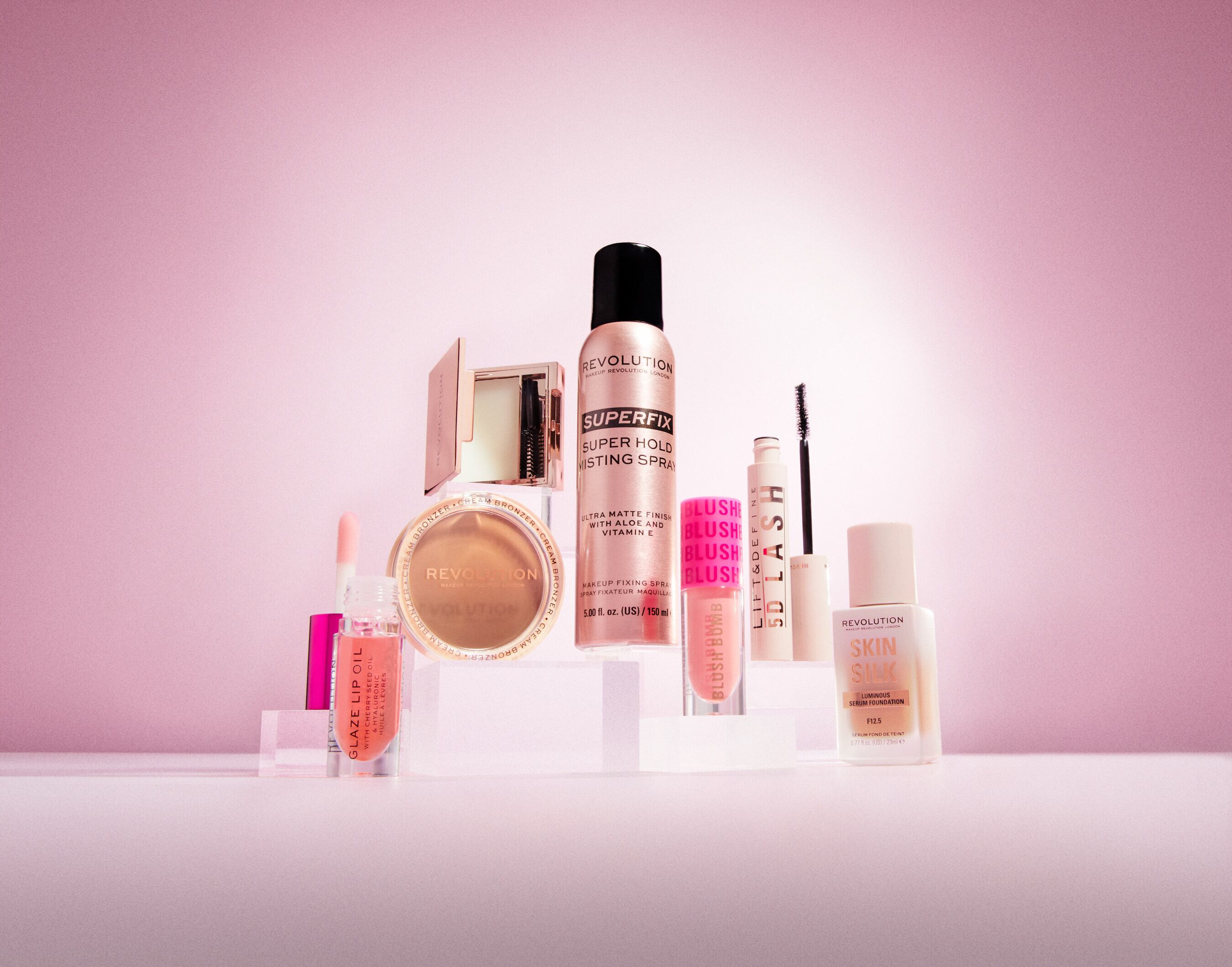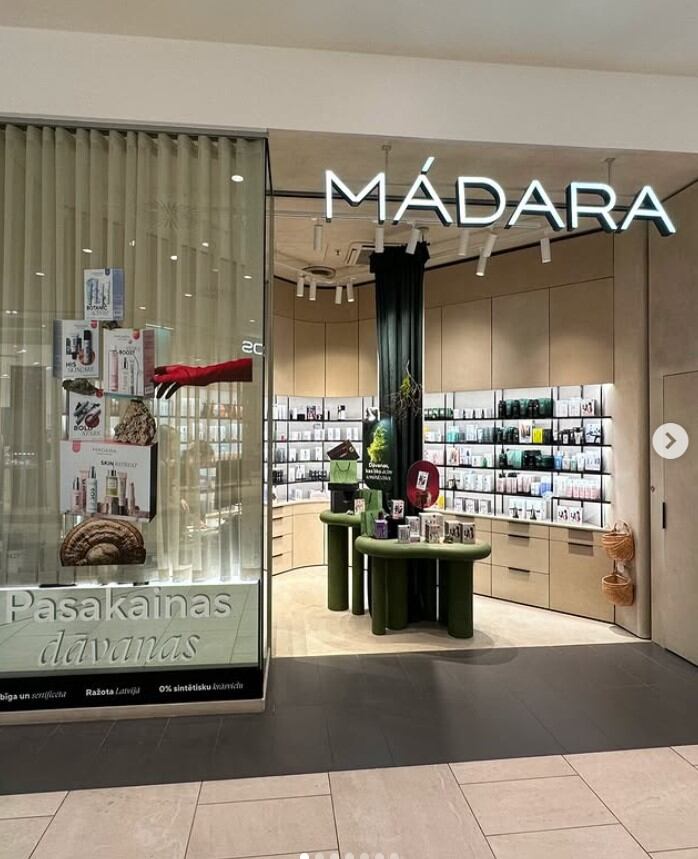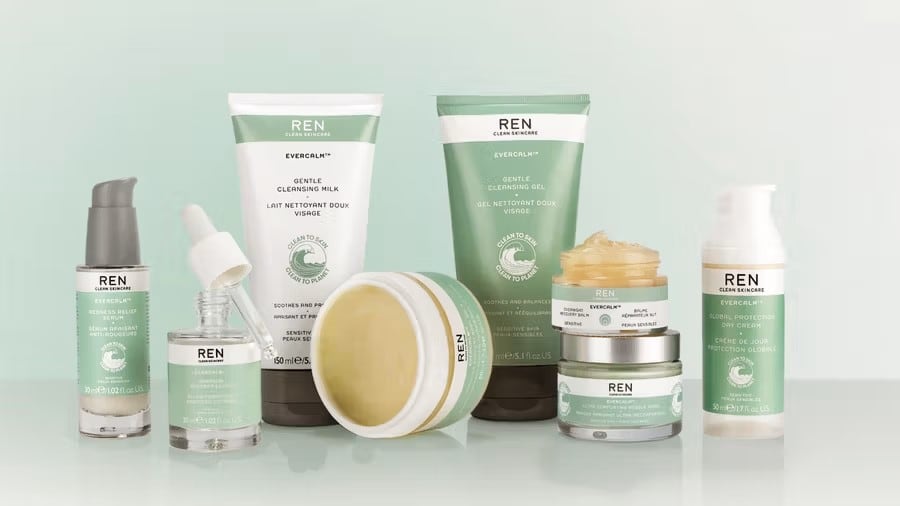The UK-based cosmetics brand Revolution Beauty’s full year revenue reached around £141.6m, dropping from the previous year following the discontinuation of more than 6,000 SKUs as part of its strategy to streamline operations and focus on a core product ranges.
The CEO Lauren Brindley plans to step down from the position on 31 May after 18 months in the role and will take a role at Ulta Beauty as chief merchandising and digital officer.
Revolution Beauty said it had forecast continued sales pressure into the first quarter of FY26 and trading in March and April was weaker than anticipated, with less demand in digital channels such as Amazon, as well as the current business challenges in the US market due to a steep rise in import tariff costs.
Revolution now ranked fourth in make-up brand preference
Despite the challenges, Revolution Beauty said there had been a more positive performance from new products launched in February.
It also plans to expand its digital programme in the second half of the year to build on the success of new product launches.
Plus, in early May, the Swiss investment Bank UBS Group AG acquired a 6.47% stake of the business.
The firm has also launched a new budget brand, RELOVE, in value stores and supermarkets and wider distribution is planned throughout FY26.
Revolution Beauty also highlighted that consumer attitudes towards the brand were improving. Citing a recent study undertaken by market intelligence agency Kantar, which showed that consideration for the brand has risen, with Revolution now ranked fourth in make-up brand preference, up from sixth place one year ago.
The company said it has continued to grow its flagship ‘Revolution’ brand in global markets, securing listings with major retailers.
Meanwhile, a new skin care range designed for Gen Z consumers and an innovative mascara product, Wrap Lash, have also recently launched.
Chinese-made imports into the US market
Revolution Beauty also highlighted that it welcomed the 11 May 2025 announcement that US tariffs on Chinese imports will be lower than previously expected.
It said that around 60% of the products sold in the US are manufactured in China, which accounts for 23% of group revenue.
The company said it had benefited from having imported significant volumes into the US before the tariff charges were significantly increased. It had temporarily suspended the import of inventory into the US during trade discussions between the US and China but has now authorised more shipments and is engaging with retail partners to assess the need for cost price increases.





